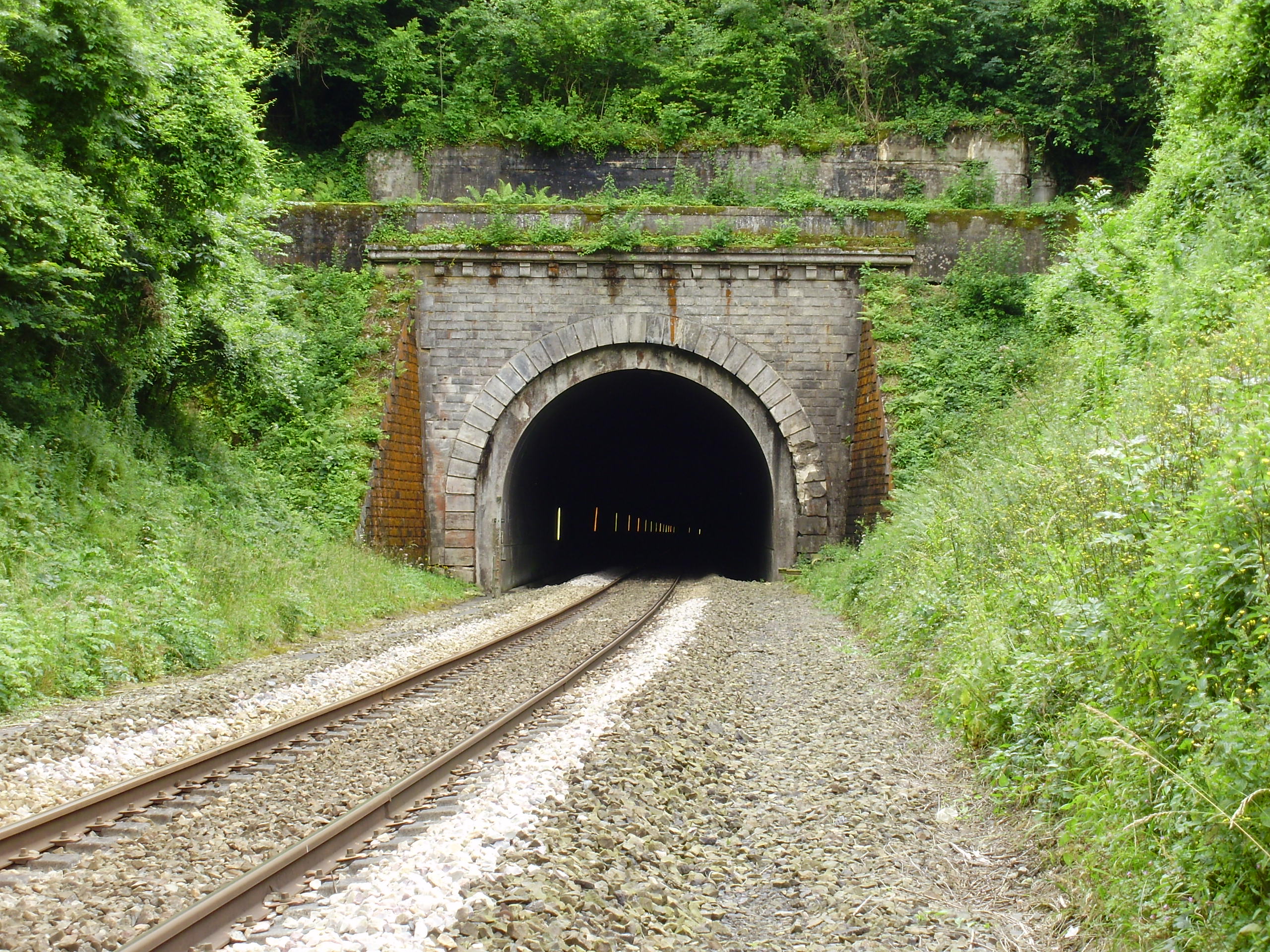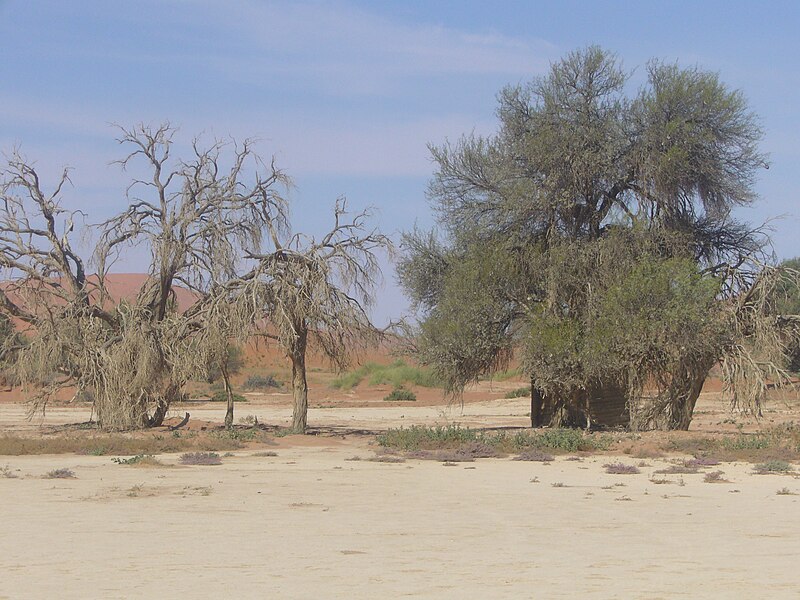Things are coming unglued for the ruling elites. People no longer trust them. This is largely due to the growth of social media: they can no longer force discussion and information within prescribed bounds. This is of course why they have been censoring so openly recently. But that has always been a rear-guard action.
We saw a somewhat similar ungluing back in the 1960s, prompted I think by the nuclear threat and the Kennedy assassination. People began to suspect that idiots were in charge. Or dark forces.
And that, for those of us who remember, was a time of chaos. Reagan, Thatcher, and Pope John Paul II put things back together.
But this is bigger.
The evidence coming out that the establishment and establishment media lied about everything during the Covid pandemic seems to have been a watershed. Yes, it did leak from a government lab. Yes, it was lab-created. Yes, it was funded in part by the US government. No, wearing masks was not effective. No, social distancing was not effective. No, the vaccines did not stop the spread. No, they were not safe and effective. Yes, ivermectin did work against the virus. Yes, the jump in mortality rates since is due to the vaccine.
Even at the time, the pandemic seemed to me like a flash of lightning showing us all where the zombies were.
Who will ever trust government again?
Now all heck is breaking loose. The woke are waking up.
Mass immigration used to be a third rail issue. Nobody dared object, because they would be called racist. Trump broke the seal with regards to illegal immigration in 2016. Now it has spread to legal immigration as well. It is a key issue in Europe, looking as though it will bring down the governments of the UK and France within the next few weeks. In Canada, Pierre Poilievre has finally calculated it is worth saying, in French and in Quebec, that he will lower immigration levels. Until now, he had been sidestepping the issue.
“It's going to be much lower, especially for temporary immigration. It is impossible to invite 1.2 million new people to Canada every year when you build 200,000 homes. That's impossible. There is no room. Quebec is at the breaking point.”
People are now also speaking openly against multiculturalism, defying the inevitable accusations of racism. Only a few years ago, Don Cherry was fired for saying everyone should wear the poppy. Now Rishi Sunak is being condemned everywhere for leaving D-Day ceremonies early. How could he? That is some measure of how much how quickly the political climate has changed.
Even though, awkwardly, disastrously, multiculturalism is enshrined in the Canadian constitution.
“Climate change” is the next likely pin to fall. It was always an improbable claim. It was always based on “computer modelling,” not scientific evidence. Thirty years ago, when the average member of the public still imagined computers were magical, this sounded compelling. We are more sophisticated about computers now. The general public is also realizing that “fighting climate change” through ever growing taxes and regulations is costing a lot of money with no visible results, in a difficult economic time. It increasingly looks like it always really was: a power and money grab by the government bureaucracy.
I think the edifice of feminism is crumbling fast as well. It is now unfashionable on the left, who want to sacrifice it to trans rights, with which feminism conflicts. Others are seeing the effect of feminism in declining birth rates, declining marriage rates, men opting out of all relationships, and growing legions of bitter middle-aged women feeling deceived. There is worse yet to be uncovered.
Confidence in the public school system is already gone. Confidence in the academy is crumbling. Confidence in the objectivity and reliability of science itself is going. Peer review, we discover, does not work. Only certain areas of investigation get funded. Experiments are never reproduced, and when someone tries, they can’t be. Scientists are no longer looked on as semi-divine beings and moral examplars above suspicion of ulterior motives.
I suspect most importantly, atheism, which had become increasingly fashionable over the past 150 years or so, is crumbling. Darwinism, its modern intellectual underpinning, is crumbling. Freud and scientific psychology, religion’s intended “scientific” replacement, has already been pretty well discredited. This is the biggest and most far-reaching revolution currently underway.
Or maybe it is just me.


























